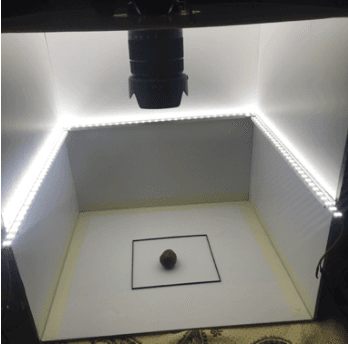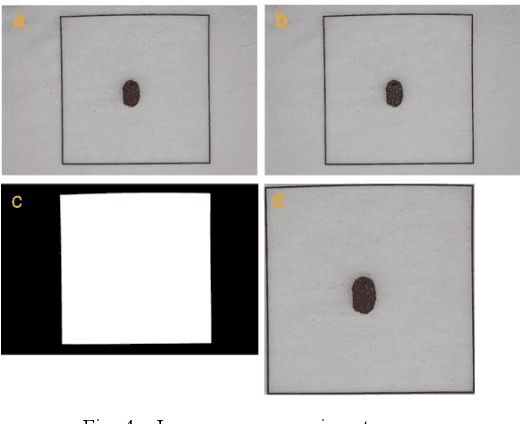Classification of jujube fruit based on several pricing factors using machine learning methods
Paper and Code
Oct 29, 2021



Jujube is a fruit mainly cultivated in India, China and Iran and has many health benefits. It is sold both fresh and dried. There are several factors in jujube pricing such as weight, wrinkles and defections. Some jujube farmers sell their product all at once, without any proper sorting or classification, for an average price. Our studies and experiences show that their profit can increase significantly if their product is sold after the sorting process. There are some traditional sorting methods for dried jujube fruit but they are costly, time consuming and can be inaccurate due to human error. Nowadays, computer vision combined with machine learning methods, is used increasingly in food industry for sorting and classification purposes and solve many of the traditional sorting methods' problems. In this paper we are proposing a computer vision-based method for grading jujube fruits using machine learning techniques which will take most of the important pricing factors into account and can be used to increase the profit of farmers. In this method we first acquire several images from different samples and then extract their visual features such as color features, shape and size features, texture features, defection and wrinkle features and then we select the most useful features using feature selection algorithms like PCA and CFS. A feature vector is obtained for each sample and we use these vectors to train our classifiers to be able to specify the corresponding pre-defined group for each of the samples. We used different classifiers and training methods in order to obtain the best result and by using decision tree we could reach 98.8% accuracy of the classification.
 Add to Chrome
Add to Chrome Add to Firefox
Add to Firefox Add to Edge
Add to Edge